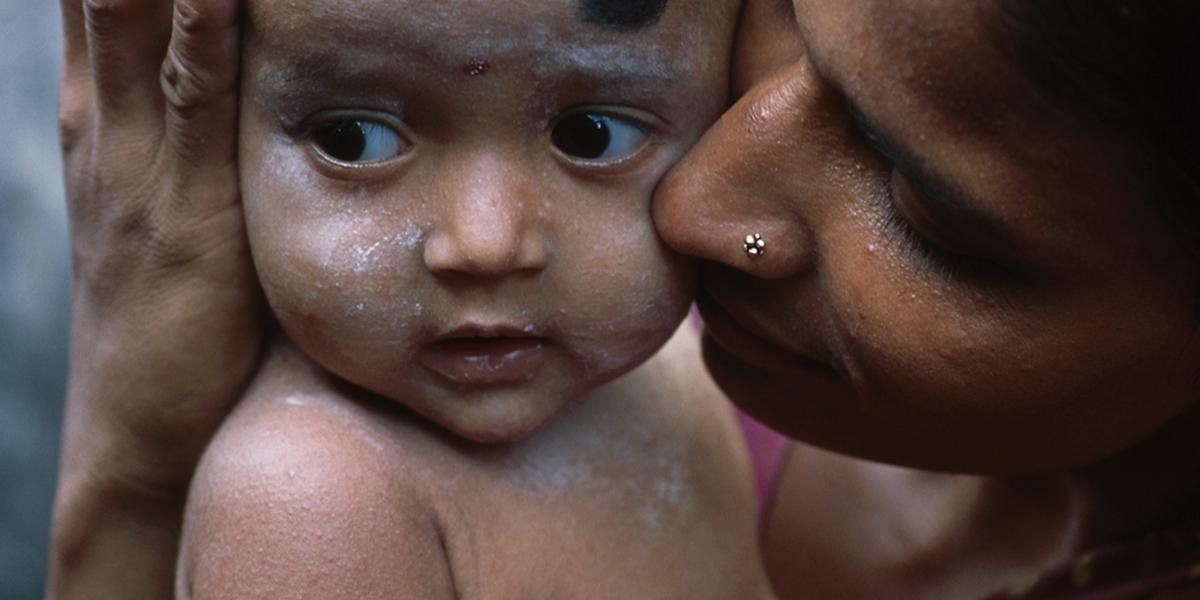Improving the Odds for Infants, Across the World
Although world health officials committed themselves in 1990 to reducing childhood mortality by two-thirds by 2015, infants—particularly those in the first month of life—continue to die at alarming rates in developing countries.
"Nearly 40 percent of all child deaths worldwide occur in the first month of life, and three-quarters of those deaths occur during the first week of life," says the Bloomberg School's Gary Darmstadt, MD, MS, associate professor of International Health. "We're not addressing the needs of the newborns."
Darmstadt is directing a new center at the Bloomberg School aimed at changing that trend before the next decade passes. Researchers at the International Center for Advancing Neonatal Health will focus on the three main reasons infants die before reaching their one-month birthday: pre-term complications, birth asphyxia and infection.
Center researchers will investigate the factors that contribute to these deaths and how to prevent them, and help to create and integrate maternal and child health programs across the globe to teach those who have the power to make a difference, says Darmstadt, who has served as senior research adviser for the Saving Newborn Lives Initiative of Save the Children/USA. The new Center grew out of that work, which began in 2002.
Darmstadt says the Center will work across disciplines and countries, and include collaborations with other academic health centers—including the pediatric center in Aga Khan Hospital and the International Centre for Diarrhoeal Disease Research in Bangladesh—to lower the death rates. Currently, 98 percent of all neonatal deaths occur in developing countries.
Bloomberg School students will work in-country, studying with researchers, educators and advocates to develop programs and contacts in the communities most affected. Most of their work will involve easy, low-cost interventions—such as using sunflower seed oil on newborns to help improve skin health and prevent infection, and teaching families basic hygienic precautions, such as washing their hands.
